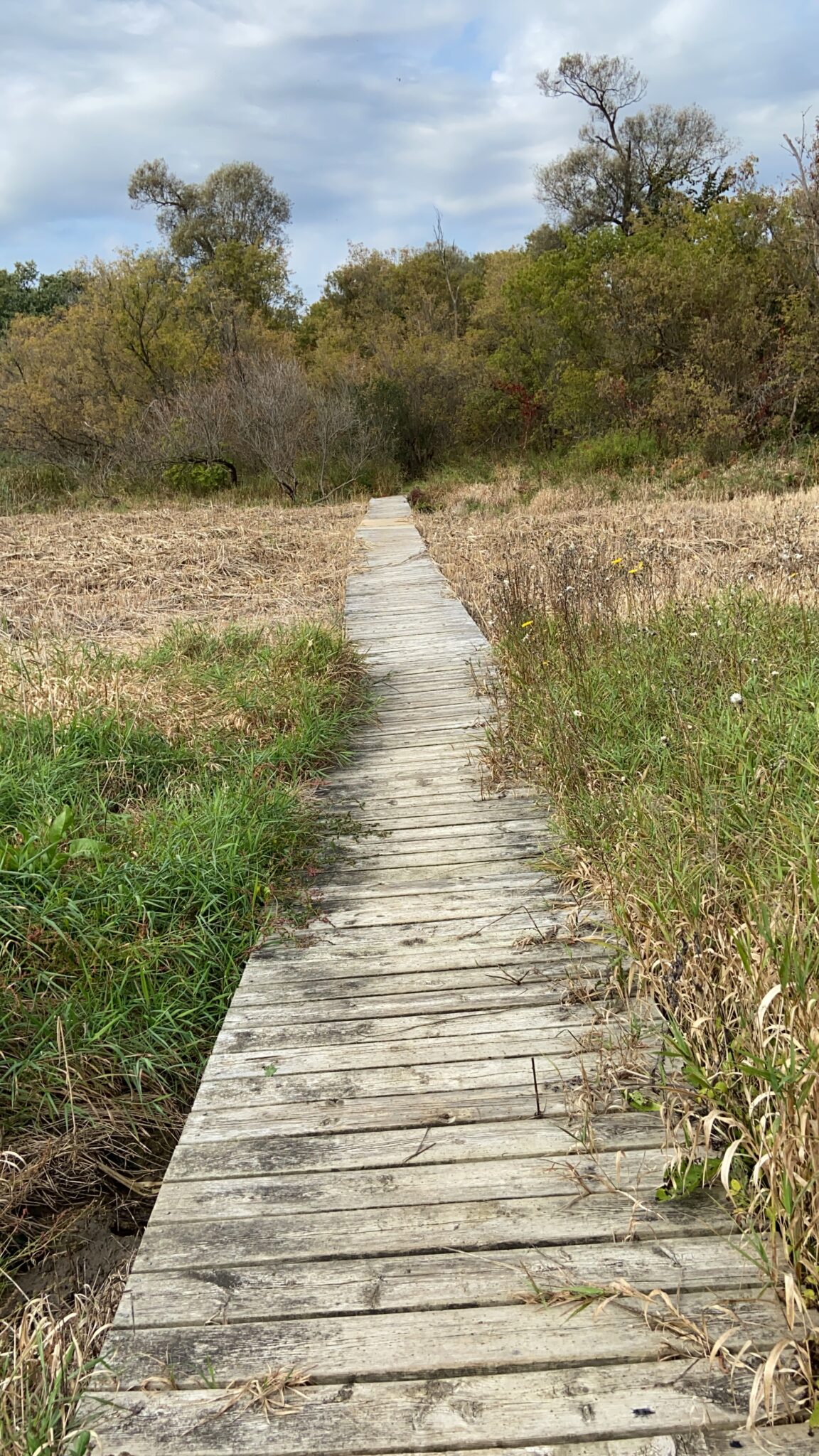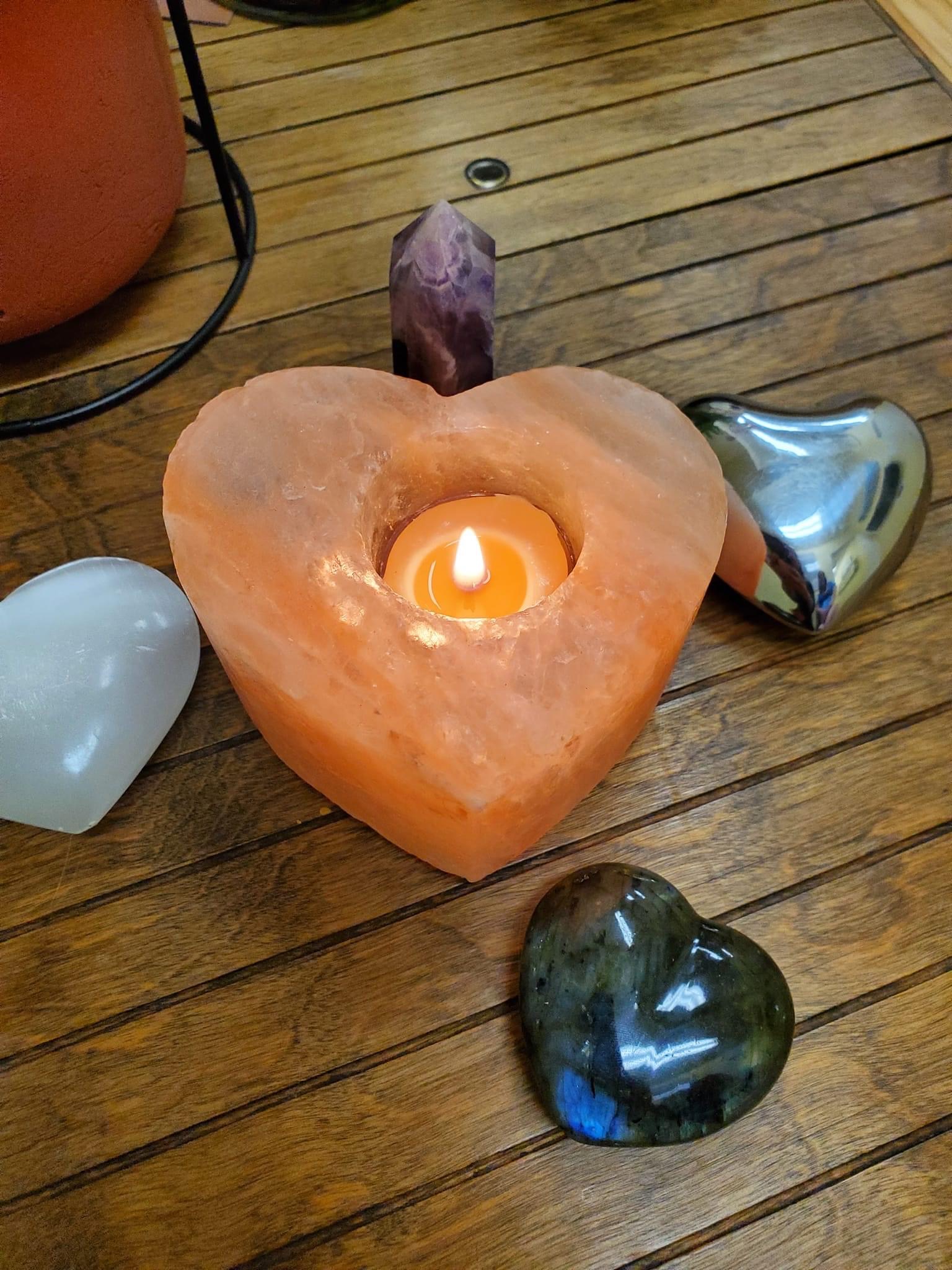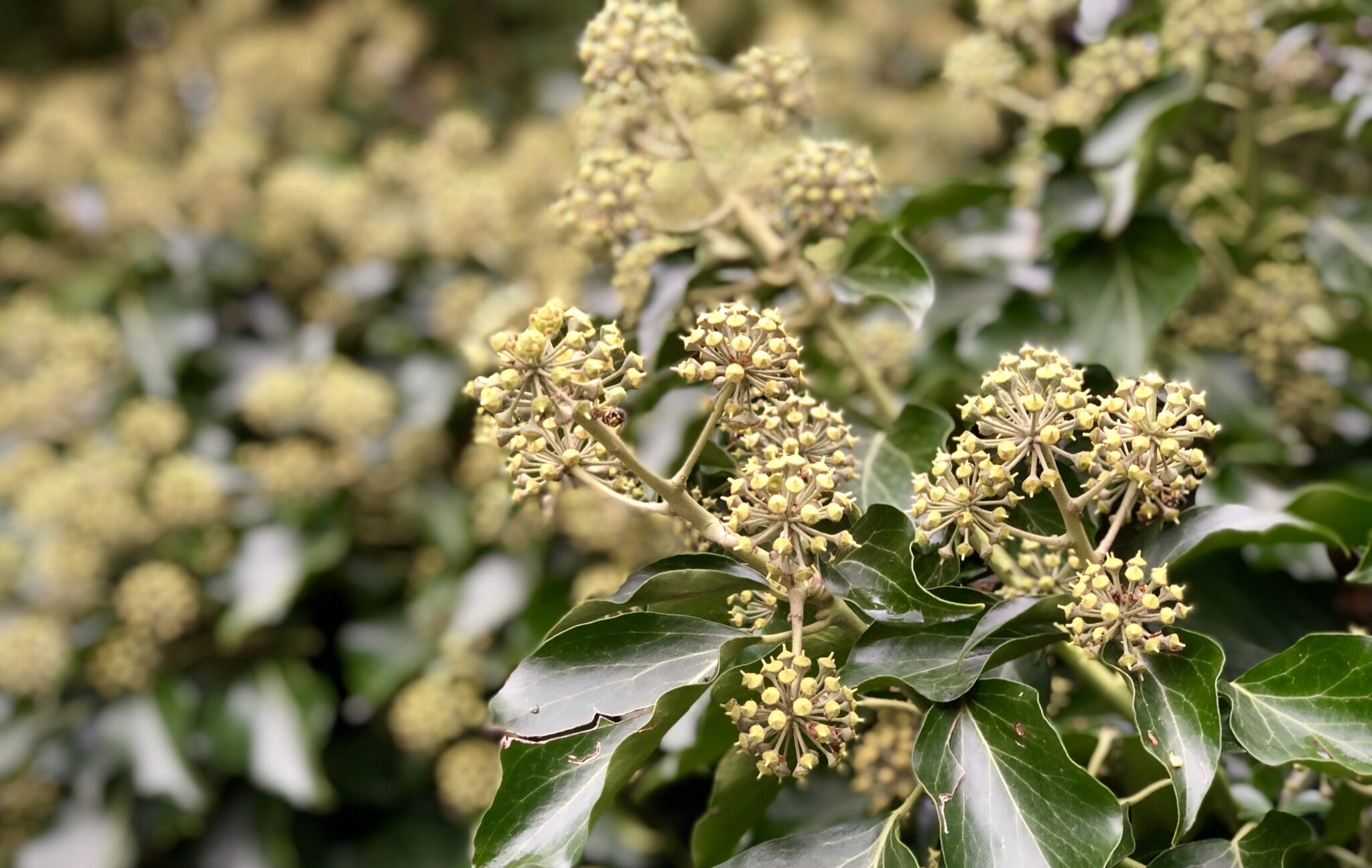Posts Tagged ‘death’
Grief and Disability: Carrie’s Story
By Carrie Batt, Grief Educator
My son says I am a mover and a shaker. He tells his friends that because of my extensive travels abroad and my volunteering. When his friends ask: “Why did she do that?” he always tells them “Because my mom believes that ‘anything is possible’.” As I look back on my journey, I know where I picked up this motto. When my baby brother was born, the doctors told my parents: “he will not walk, talk, nor know who you are”. From that day on my parents embodied that motto ‘anything is possible’ and in the end my brother does far more than walk and talk. This circumstance introduced me to the disability community knowing that people with disabilities deserve and can do more. Interestingly, I have had the privilege of working within the developmental sector in a variety of positions for more than thirty years.
In 2018, I added to my parents’ motto ‘anything is possible’ and included ‘everyone is worth it’. I added those words to the motto right after I had attended a kintsugi workshop offered by Rami Shami, a prominent member within the deathcare community. As soon as I realized that Rami had spent the last 30 years caring for the dying. I inquired about his experience in death, dying and disability. Rami unfortunately, had no experience in supporting people with a disability who were dying. Upon learning about the sheer lack of support and expertise on this topic, I proceeded to complete the end-of-life training with Beyond Yonder Community Deathcare program. Soon after, SEOL Care was created, which offers a disability-sensitive approach to death, dying, and disability.
It has become clear to me over time that we have much work to do to ensure the delivery of disability-sensitive grief literacy and grief support. In March of 2022 my proposal for four 1-hour sessions was approved, we provided the program for 20 participants. My heart was full in each session.
My heart remains full of hope that conversations, education, and expertise about disability sensitive end of life care and grief support will gain momentum as more and more people join in on this vital conversation.
Currently, there are several rays of hope that suggest grief education and support can and will be offered in a more inclusive way. As a certified grief educator, I now offer online disability-sensitive grief support services for individuals and groups. My employer is offering disability-sensitive grief literacy sessions. The Bereavement Ontario Network has shared information through their newsletter and in a network webinar, where the gentleman I support and I were the guest speakers. Bereaved Families of Ontario have been receiving multiple requests to provide grief resources for the neurodivergent community. Additionally, Bereaved Families of Ontario are seeking out speakers with lived experience related to grief and under-represented communities for their grief literacy series. I remain grateful knowing that these are hopeful times, and these examples are a positive step in the right direction.
Birthdays, Anniversaries, and Other Special Days
Rachel Herrington – Social Service Worker Graduate, Third Year Psychology Student, Equal Rights and Community Advocate
It has been 10 years since my grandmother passed away and it never fails, every year leading up to her birthday I spend weeks with a pit of sadness and remorse in my stomach. I spend my days feeling this way and not understanding why then something makes the date catch my eye and it hits – It’s her birthday.
When we are grieving, some days are more difficult than others. Grief comes in waves like the sea and can feel like an intertwining labyrinth of emotions. Birthdays, anniversaries, and special dates that are associated with our loved one who has died can contribute to more emotionally intense days which can be worsened through the anticipation and “what ifs” of the upcoming day. These difficult days can leave us feeling defeated and it can almost feel like we’ve taken two steps backward in our grieving process, but grief does not have a timeline, and these feelings of setbacks are opportunities for healing.
Before the Day:
Communicate and set boundaries with others – think about how you want to approach the day and share your wants, needs, and desires with others. Clearly communicating your wants and needs with others will allow the opportunity for you to set the expectation for the day which can help relieve the intense feelings of anticipation.
Remember there is no right or wrong way to celebrate special days – It is important to remember that there is no right or wrong way to grieve and there is no written code or rule on how these special days are to be approached. However you decide to approach the day is the right way.
On the Day:
Allow yourself the opportunity for space from others – it is important to allow there to be an opportunity for you to step away and have a safe space to feel your emotions if you need to. If you are attending someone else’s home for the occasion plan a way that you can step away or leave with ease if you need to.
Find something that grounds you when intense emotions arise – if intense emotions are arising it can be helpful to find something to help ground you in the moment. This could be a physical item such as a small trinket in your pocket that you can hold, squeeze, and focus on in your hand, or it can be through positive mental imagery, deep breathing, and/or stress relieving acupressure, etc.
Take deep breaths – practicing deep breathing can help reduce stress and can increase resiliency during highly emotional or stressful situations.
If things don’t go as planned, that is okay – grief is a process with no timelines or set of rules, and sometimes things do not always go the way we plan and that is okay. Allow yourself time, patience, and understanding while you adapt to living with your unique grief experience.
When Death Feels like a Thief
By Amanda Sebastian-Carrier.
Amanda Sebastian-Carrier is a communications professional who writes about her grief journey as a form of healing.
Thief!
Oh, how loudly I’d yell the words, shaking my fist at its back as it ran from me through the crowded bazaar. You would find me, soaked in tears, panting and crying and trying to explain that something very precious had been taken from me by that, that, THAT THIEF!
In the heart of my grief, at my frailest, all I could see was what was no more. I grieved all that was stolen from me by death; love, security and even my very self. Had I known the value of having every pocket of who I was, picked bare by grief, I would not have fought so hard to hold onto it all. I’d have let that cutpurse have it all without raising an alarm. That egg, it could take the golden globs of joy, the silvery wisps of laughter and the precious stones of delight that once filled my world and sell them all to the highest bidder. How could I have seen the faceless bidder, behind their paddle, was me. Grief, that panderer, was only taking from me what I could not currently carry and would sell it back, piece by piece, as the currency of healing was paid.
If only I’d had a clue that the larceny committed by grief was not the crime I was reporting, I’d have stopped much earlier. Before death, I had no idea that the theft of all you knew and love and the process of reclaiming your sense of security and self were a process that had the ability to change your life forever, but not how you might think. Grief and mourning can lead to healing if you do the work. If you don’t waste time filing reports to the universe about the misappropriation of your loved one. If you immerse yourself in the process of mourning, instead of decrying the looting of your life. If you truly, honestly, and mindfully, say goodbye instead of trying to hold on. If you can do all that, the only thing that grief is able to steal is your pain. You just have to be willing to give it up, let it be taken.
It’s only now, after I have made my peace with the plundering pirates of grief that I can see what I saw as theft, was actually a gift. The thief that is grief was not stealing all that was happy and good in my life, it was stealing my pain. Grief sat on me, taking all the things I didn’t know how to process, and filtered them through different lenses. It sat with me, taking from me each tear that fell, each shaky breath and each battered heartbeat. Grief took all I had, each story, each memory, and each emotion from me until I began to have room to process life again. Grief took, not a life in the way death had, but death; out of the way of life. Death stole life and grief; grief gave it back.
What Does Grief Support Look Like?
Post by Maureen Pollard, MSW, RSW
When we experience significant, on-going symptoms of grief that interfere with our adjustment to the reality of our loss, it can be time to seek professional help. It can be difficult to know where to find help and what grief support options are available.
Begin by asking for a referral. Maybe your family or friends have received good grief support they would recommend. Your doctor can typically provide a referral or you can conduct an internet search. When you find a grief support program on the internet, take time to examine the website thoroughly then connect by email or telephone to ask any questions you have before deciding which support might be the best fit for you.
Types of Grief Support:
Individual counselling with a therapist. A professional who has experience and knowledge in the area of dying, death and grief will listen to your story without judgment and then co-create a plan for healing that feels comfortable for you. The time you spend in counselling should be dedicated to your grief, with a focus on helping you find your way through your experience using information, insights and skill of the therapist to help you through the complex feelings and tasks.
Group therapy. This type of support may be led by a professional, or may be offered by peers who have experienced a similar loss. Groups can offer a rich support experience that lets you know you are not alone, and offers you the opportunity to learn from several others living with a similar loss. The time you spend in group will be shared and with a focus on topics relevant to the group’s purpose rather than any one group member’s situation. It’s important to learn about how the group works and what types of activities you’ll experience as you decide whether to try attending a group. If the group is run by peers, ask what type of training and support they received to ensure they’re delivering quality care.
On-line forums. There are many groups and forums focused on grief education and support on the internet. These are easy to access and allow you to participate at your own comfort level, either by simply reading posts or actively sharing your own situation, seeking support and offering support to others. A forum can create a sense of community among its membership, providing a great source of information and support from others who have a similar experience of loss who share what they have learned. In public internet forums there is always a risk of interference by people who post to cause trouble, but private, members-only, moderated forums can significantly reduce this risk.
Remember, whatever type of grief support you try beyond family and friends, don’t be afraid to quit if the style or structure of the support doesn’t feel comfortable or helpful. If you’re still experiencing the symptoms that led to your decision to seek additional help, please don’t stop trying to find the kind of support that can meet your needs. There are many different types of counsellors, groups and forums and it can take some time to find the one that’s right for you. Your healing is worth it!
Tending to My Garden of Grief
By Taylor Bourassa, RP & Professional Art Therapist.
Losing a loved one –whether through death or the end of a relationship, brings up complex emotions, some of which are hard to process. The first major loss I can remember experiencing was when I was quite young and my grandfather died. I barely knew the man, but to this day we still share stories of his impact on my father, his son, my mother, his daughter-in-law, and us, his grandchildren. The memories bubble up slowly and play in my mind like a distorted movie playing on the television screen. It is part of my life I can’t quite recollect without the input of others. Then in my middle teen years I attended a funeral for my grandmother’s sister, and I remember watching the grief flood my grandmother’s face as she dissolved into tears and I wondered: how can I, or any one else hold this grief in the “right” way? How can any of us help ease that pain?
When I was 16 or 17, my cat, who I still recognize as my earliest best friend, developed cancer and needed to be put down. This was the hardest thing I had had to face at that point in my young life. I was faced with what seemed to be inconsolable grief. That same thought bubbled up: how can anyone ease this unbearable pain?
A few years ago I was faced again with the reality of our mortality on this planet Earth when my dog, Roxy, had to be put down due to ailing health and decline. That same question flitted through my mind. Now, at 29, and having faced multiple losses and deaths I finally have some semblance of an answer to that question. It isn’t straightforward, and it probably isn’t universal. But it feels appropriate for me: remember, honour and celebrate. The pain of these losses will more than likely be with me my entire life, until the day I die and pass the pain onto my loved ones left behind. So long as I remember the lives of those I have lost, honour their presence and impact on me and celebrate their spirit, they will continue to live with me and the pain will feel bearable. It will no longer stop me in my tracks. Instead, it will encourage me and propel me forward through the transmutation of that grief into something different, something more nuanced and fluid. I’d like to share a practice for processing grief which I have found to be especially helpful.
Reflect on person or pet that has passed on and write a letter to them. Use recycled, bio-degradable paper to write this letter, so that when you get to the end of this invitation and you plant your letter it will be taken back into the earth and soil.
Imagine the things you appreciate about this person, the memories you two share, the impact they have had on you, and anything you feel has been left unsaid or unexpressed while they were still living. Before you close and seal the letter, read it back to yourself and sit with whatever memories, feelings and thoughts come up. Allow the energy of this person to show up and sit with that felt sense of who they were. When you are ready, fill the envelope with your letter and the seeds of your choice: flowers, fruits or vegetables. Use the seeds which you feel best honours the person. Find a location that is both accessible to you and reflects a space of honouring and celebration. This may be a favourite shared space between the two of you, or a new spot you would like to crop out as a way to honour and remember them. Once you have found your spot, take your letter and your seeds and bury them in this spot. Eventually, the seeds you have planted will sprout and grow, changing the spot into a new gravesite garden. Soon, the biodegradable letter will also be gone, subsumed back into the womb of the earth and soil, feeding the land for the growth and propagation of the flowers you have planted. Maybe these flowers will remain only in the space you created, or, what is more likely, they will be spread on the wind and the legs of bees, and the beaks of birds until the grass beneath is forever changed, peppered with new and continuing growth.
What a beautiful way to honour the deceased: recognizing their continued impact on you and the world around you as they and their memory connects with and returns to the earth. I find this to be a helpful way to process my own grief because it allows me an embodied, tangible and somatic way of addressing, honouring and processing the grief held inside my body. The grief will always be there in some capacity, and now there is a space which I can visit and reflect. The heaviness and weight of the grief is no longer mine alone – the whole earth helps me to carry it. Grief is such a unique, yet universal experience. My own experiencing of grief is all I know for certain, and so I keep searching for answers. I hope that as you navigate your own grief, you can alleviate some of the weight by sharing the load with the natural world around you.
What I know about grief
Post by Alyssa Warmland, artist, activist, well-practiced griever.
I earned my “grief card” at 15, when I lost my mother. Since then, I’ve experienced other instances of loss and have become a well-practiced griever. Most recently, I lost a friend in a tragic way. She was deeply connected within our rural Ontario community and as I grieve her loss, I’m watching many other people around me grieve. Some, like me, are experienced in grief. Others are newer to the experience.
The following are some things I know to be true about grief for me, based on my lived experience. Some of them may resonate with you as well. Grief is unique to the people experiencing it in each moment, so please take whatever makes sense to you from this share and leave whatever doesn’t.
– Give yourself space to just feel the waves. Sometimes it feels like it’s not quite so intense, and then sometimes it feels like you’ve just been punched in the stomach. And it’ll cycle around. And it won’t feel this way forever.
– You’re totally allowed to feel whatever it is you’re feeling. Last night, while I spoke with sobbing friends on the phone, I was absolutely furious. Today, it’s that gut-punch feeling. it’ll cycle around. And it won’t be this way forever.
– Sharing stories can be helpful. Celebrate the reasons you loved whoever you’re grieving. Look at the pictures. Watch the videos. Sing the songs.
– Be patient with yourself, but keep going through the motions of what you know you need to do to maintain your wellness while you grieve. Eat something, even if you’re not hungry. Sleep or lay down, even if you feel like you’ll never fall asleep (podcasts can help make it less overwhelming). Drink water. Go for a walk outside. Write about it. Work, if you want to work (and plan for some extensions on stuff if you can, so you can work a bit more slowly than usual if you need to)
– Your brain may take a little longer to process things. Your memory may not work as well. You may feel irritable or overwhelmed. It’s okay.
– If the death part itself was hard, try to avoid focusing on the end, and instead think about the person you loved and who they were when they were well.
– Connect with other people who are grieving, it may be easier to know you’re not alone.
To learn more about collective grief, please read Maureen’s post on the topic.
Collective Grief
Post by Maureen Pollard, MSW, RSW
When the death of a person affects many members in a community, city, country, or across the world, people will experience collective grief.
Some things that can help people through the experience of collective grief across a community include:
– Holding gatherings that allow people share the pain of loss and to remember and honour the person who died;
– Sharing reflective and supportive posts on social media that address the loss and grief being felt by so many;
– It can be helpful to tag the person who died, so it shows up on their page where people can look through for solace. It may be a good idea to avoid tagging the family members of the person who died so that they can
choose when to opt into engaging with these memories without overwhelming notifications;
– Encouraging opportunities for community members to give and receive empathy and compassion;
– Respecting personal differences in the experience and expression of grief among community members, as everyone
grieves in their own way.
While many people across a community may be feeling the loss, it’s important to respect the privacy of those most impacted by the death. Give the immediate family time and privacy. Although many may mourn their loved one, it can be burdensome for the family to have to receive community grief at a time when they are coping with their own grief process.
When Death Comes Suddenly
Some types of death we prepare for. If we have an elderly person in our life, one who has lived a good, long life and may be experiencing some health challenges that typically come with old age, then we may well be thinking about the possibility they will die. This type of death fits into the ‘natural order’ of life, and even if we don’t want it, we tend to accept that it is inevitable.
Similarly, we can prepare for death by illness or a chronic, deteriorating condition. We know this is happening and we have time to take action to give ourselves and the dying person some sense of completion as their time comes to an end.
Sudden, unexpected death is quite different. It’s really quite impossible to prepare for, and tends to leave us with a very different experience of grief. It’s important to note that sudden and unexpected death can happen in either of the above scenarios, too. An elderly person may be quite healthy, and die from an injury or sudden onset of a fatal condition. A person diagnosed with a terminal illness may die abruptly from complications or from a sudden event unrelated to their condition.
When someone dies suddenly we often struggle with grief that is raw, unpredictable and powerful. Some elements make it harder to cope, including:
The death feels out of the ‘natural order’ of life. Children are not supposed to die. Young people are not supposed to die. Sometimes, one partner is not expected to die before the other. It can make it hard to adapt when we feel that death is not “supposed to” happen at this time.
We have no chance to say goodbye or have a sense of conclusion to the relationship. We may have thought we had plenty of time to heal old wounds, to make up for neglect or take care of business with the person who died. It can be difficult to accept these missed opportunities, and they can bring a sense of guilt and regret.
The death may be violent, potentially painful and causing significant physical trauma. We can be left with terrible images. Whether we see the damage to our loved one or not, the human mind has a great capacity to imagine, and we can review the circumstances and the harm over and over again in our grieving mind.
We may worry that our loved one did not experience dignity in the circumstances of their death. We feel that the death is completely out of our control, and we may feel like we failed our loved one in some way due to their experience or the circumstances.
When someone you love has died suddenly and unexpectedly, it may feel quite different than any other type of loss you have experienced. Try to keep these factors in mind, and be gentle with yourself as you adapt to this sudden change in your life and adjust to their absence.
Helping Others Help You Through Grief
Post by Maureen Pollard, MSW, RSW
When you’ve experienced the death of a loved one, one of the most difficult things you will go through is trying to find out what helps you adjust to the loss. This can be compounded when others around you don’t understand what you’re going through, and don’t know how to help you. Although you may not have much energy, and you may be reluctant to become a teacher, it may be just what your family and friends need to help you through your grief.
The concept of “pocket phrases” can be quite useful in helping others learn what you need as you grieve. These are statements that you practice ahead of time so that they come to you effortlessly in the moments when you are upset but still need to ask for someone’s help or understanding.
“That’s not helpful.” Usually, our friends and family are trying to help, however their actions may have the opposite effect. With practice, you can develop the ability to say this in a calm, confident voice that halts comments or behaviour that you find hurtful.
“Grief isn’t easy, but it is necessary.” Well-meaning people sometimes want us to move through grief quickly when that is just not possible. You can remind them that it’s normal to feel a full range of feelings after a loss and you don’t need to ‘cheer up’.
“I’m adapting. It takes time to adjust.” When someone in your circle of acquaintances asks how you’re doing, you can use this phrase to remind them that grief is a process. You can ask them directly to have patience with your intense feelings, the changes in your routines and at the same time let them know you’ll never be quite the same again.
“I’m not strong. I’m just doing what I must.” This phrase can be helpful when people praise your ability to function in routine tasks and situations. You may want them to understand that although you may look well on the outside, there’s still a whirlwind of emotion and distress raging unpredictably inside you.
“I like it when you say their name and we talk about them.” You can let people know they don’t have to be afraid to mention your loved one. If you want to share stories, and hear stories from others, you may need to give permission with a clear, direct statement such as this so that people aren’t afraid they will hurt you more by talking about them.
These sample statements can be a good starting point for developing your own useful “pocket phrases” to help teach the people in your life how to help you as you grieve. Remember that the more you practice the things you wish you could say, the easier it will become to pull them out in a peaceful and positive way when needed.
Getting Comfortable Talking About Grief
Post by Maureen Pollard, MSW, RSW
Getting Comfortable Talking About Grief
There was a time when death was part of everyday life. People didn’t tend to live long, and there was often a great deal of suffering while they were alive. Birth happened in the home, and death often happened there, too. If death happened elsewhere, the body was returned to the home whenever possible, for tender care and burial. Family members, and sometimes a trusted member of the community whose role it was to help, took care of the business of death.
We’re a long way from that now and in many cases death is turned over to the authorities. Medical diagnosis and treatment is often involved. We talk about battles, and fight to prolong life as much as possible. Death may be seen as a failure in our medical system; the enemy. This approach can sometimes create the illusion that we can defy death, when in reality death is inevitable for each and every one of us.
Since death can’t be avoided, it benefits us all to learn to talk about dying and death and grief. We need language for this universal experience. We need permission to ask our questions and share our stories. We need to know that what we are living through as our loved one dies, and in the aftermath, is a natural response to the loss we feel. We can get comfortable talking about it.
Be gentle. When you ask someone how they are, be mindful that they may not doing well, even if they seem to be managing. Try to use sensitive language and a softened tone when you check in with them.
Be kind. Let them know you are thinking about them and you’re available if they need support. Ask if you can help with specific tasks such as picking up some groceries or doing some yard work.
Be open. Share stories about their loved one’s greatest traits, or your best memories of them. Say their loved one’s name.
Be willing to listen. Let them tell you the parts of the story of death they feel comfortable sharing. If there’s something you can’t handle, offer to help them find someone who can be there for them as they talk about that part. Invite them to share stories about their loved one. Be prepared that they may repeat themselves as they try to adjust to the reality of the loss and hold on to their memories.
Be honest. If you don’t know what to say, tell them. They would likely rather hear that than have you stumble through platitudes that might dismiss their grief or hurt their feelings.
Be comfortable with silence. Once you say you’re sorry for their loss, it’s just fine to be quiet with them. You don’t need to fill the space with words or try to coax them to talk. Your presence is sometimes enough.
Everyone will experience death eventually, and being able to talk about it helps normalize this universal experience.
Krista – “How I dealt with it”
Krista – “How I dealt with it”
Krista talks about how she dealt with underlying issues. Krista continues to grieve the death of her son from opioid overdose.
Susan – “Death and Grief Phobia”
Susan – “Death and Grief Phobia”
Susan discusses dealing with the process of dying and grieving.










